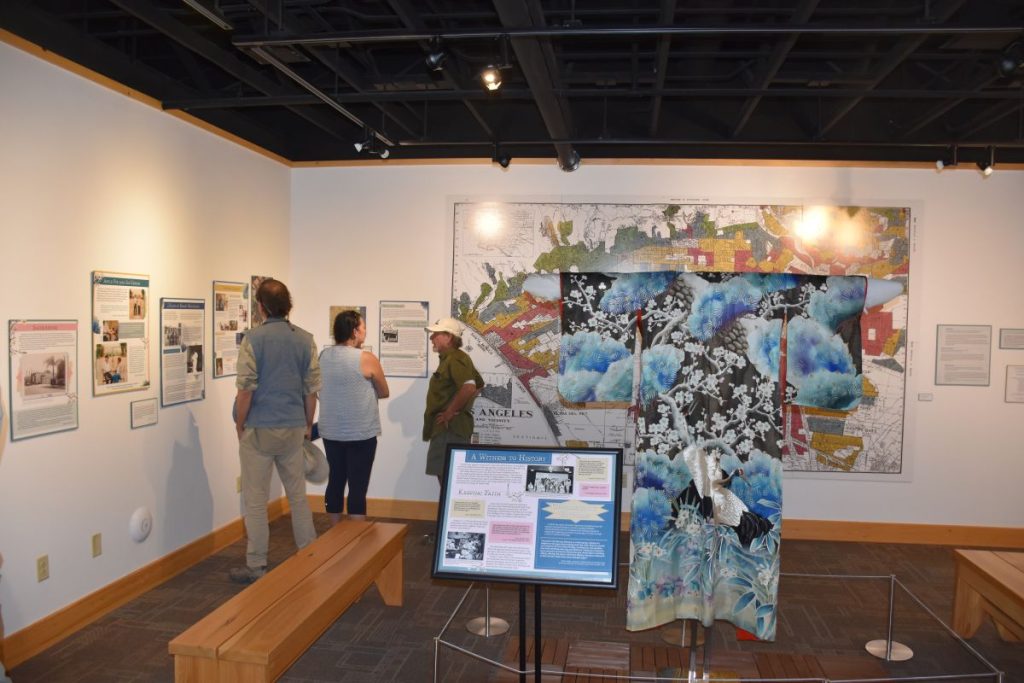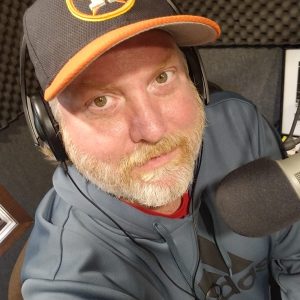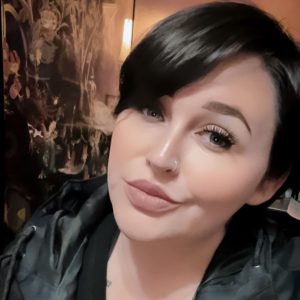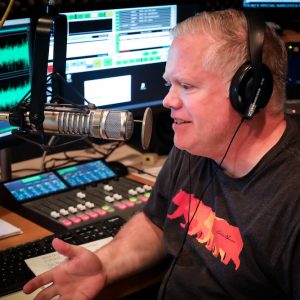Heart Mountain Interpretive Center has a new exhibit celebrating the neighborhood where Japanese and Black Americans found solidarity.
When an executive order forced Japanese Americans in a Los Angeles neighborhood known as J-Flats from their homes and into incarceration camps in the United States, their African American neighbors came to their aid.
The family of Rufus and Crystal Marshall stored their neighbors’ belongings, protected their homes and brought them food during their incarceration at the Pomona Assembly Center. Thanks to The Marshalls, many of the neighborhood’s incarcerees had homes and belongings to return to when they left camps.
The new exhibit, Making A Neighborhood, opened July 20 at the Heart Mountain Interpretive Center. This exhibit tells the story of the neighborhood’s alliance between Black and Japanese Americans who were prevented by racist and discriminatory covenants from moving to other areas of Los Angeles before and after World War II.
The exhibit was the vision of curator Samanta Helou Hernandez, a Los Angeles journalist and photographer, along with Heart Mountain Executive Director Aura Sunada Newlin.
The exhibit traces the history of the neighborhoods and the people who have lived since its first settlement in the late 1800s. Born into enslavement in Mississippi before the Civil War, George Washington Albright developed some of the early parcels of land in the neighborhood.
He was also Crystal Marshall’s father.
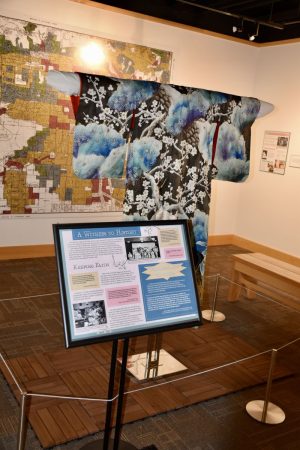
This kimono owned by the Kokiba family of Los Angeles’ J-Flats neighborhood was stored by members of the Marshall family while their Japanese American neighbors were incarcerated at Heart Mountain. (COURTESY PHOTO)
The Heart Mountain Wyoming Foundation will also present its LaDonna Zall Compassionate Witness Award to three members of the Marshall family — their daughter Barbara Marshall Williams, granddaughter Karen “Kiwi” Burch and great-granddaughter Robin Waller. The award was named after Heart Mountain curator and board member, LaDonna Zall. The award will be given to the members of the Marshall family during the Heart Mountain Pilgrimage on Saturday, July 29.
The exhibit funding came from an endowment from Heart Mountain board member Takashi Hoshizaki, who was one of the Marshalls’ neighbors before and after the war.
The exhibit will remain in the museum’s temporary exhibit space until April 2024. The exhibit will be developed into digital and traveling exhibits as well.
The Heart Mountain Wyoming Foundation proudly preserves the site where roughly 14,000 Japanese Americans were unjustly incarcerated in Wyoming from 1942 through 1945. Their stories are told within the foundation’s museum, Heart Mountain Interpretive Center, located between Cody and Powell.
For more information, call the center at (307) 754-8000 or email info@heartmountain.org.


